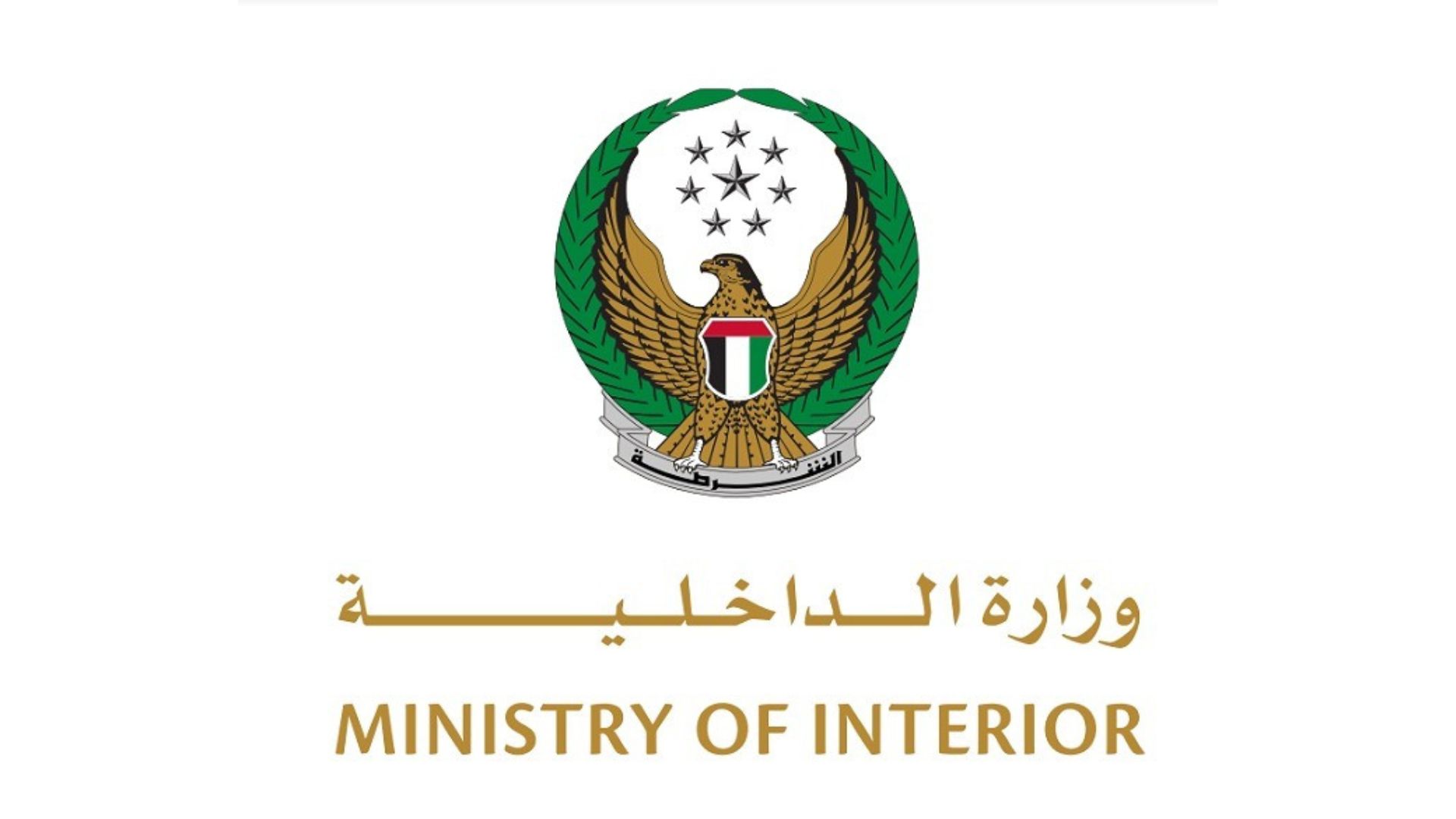
The UAE Ministry of Interior states that AI, surveillance, and modern laws are key to fighting crime. Offences are economic, traditional, or cyber, with data tools and legal updates improving investigations. Cybercrime is on the rise as digital technology expands.
Current measures include AI monitoring, intelligent surveillance, and new laws. Economic crimes like fraud and tax evasion are addressed through analytics and banking cooperation. Cross-border cases and digital evidence tampering continue to be significant challenges.
Traditional crimes, such as theft and assault, are addressed through cameras, patrols, and awareness drives. Some offences persist in remote or crowded areas. Technology and global cooperation have improved results in several categories.
UAE officials warn that AI and the internet of Things will lead to more sophisticated cyberattacks. Future risks include evolving criminal tactics, privacy threats, skills shortages, and balancing security and individual rights.
Opportunities include AI-powered security, stronger global ties, and better cybersecurity. Dubai Police have launched a bilingual platform to educate the public, viewing awareness as the first defence against online threats.
Would you like to learn more about AI, tech and digital diplomacy? If so, ask our Diplo chatbot!

OpenAI will make its GPT-4o model available again for ChatGPT Plus subscribers after replacing it with GPT-5, following complaints from users who said the change was abrupt and unwelcome.
Chief executive Sam Altman confirmed that subscribers can choose between the two models, adding that the company will monitor usage before deciding how long to keep older versions available.
The decision comes days after the debut of GPT-5, which was introduced without the option to select previous models manually.
Some users said they valued the continuity and emotional connection they had formed with GPT-4o, describing it as unique and meaningful instead of simply replaceable. Others preferred having the freedom to select a model manually rather than relying on a default.
Altman acknowledged that GPT-5’s performance appeared weaker at times, attributing it partly to a temporary malfunction in the automatic switching system.
He also said adjustments are being made to improve how the system selects the most suitable model in different scenarios.
Would you like to learn more about AI, tech and digital diplomacy? If so, ask our Diplo chatbot!

US law enforcement, alongside nine other nations, dismantled the BlackSuit ransomware gang’s infrastructure, replacing its leak site with a takedown notice after a coordinated operation. The group, formerly known as Royal, had amassed over $370 million in ransoms since 2022.
More than 450 victims were targeted across critical infrastructure sectors, with ransom demands soaring up to $60 million. Dallas suffered severe disruption in a notable attack, affecting emergency services and courts.
German authorities seized key infrastructure, securing data that is now under analysis to identify further collaborators. The operation also included confiscating servers, domains and digital assets used for extortion and money laundering.
New research indicates that members of BlackSuit may already be shifting to a new ransomware operation called Chaos. US agencies seized $2.4 million in cryptocurrency linked to a Chaos affiliate, marking a significant blow to evolving cybercrime efforts.
Would you like to learn more about AI, tech and digital diplomacy? If so, ask our Diplo chatbot!

A cyber‑attack on Bouygues Telecom has compromised the personal data of 6.4 million customers. The firm disclosed that a third party accessed personal and contractual information related to certain subscriptions.
Attackers gained access on 4 August and were blocked swiftly after detection, increasing the monitoring of the systems. Exposed data includes contact details, contractual and civil status information, business records for professional clients, and IBANs for affected users.
The cybersecurity breach did not include credit card numbers or passwords. Bouygues sent impacted customers notifications via email or text and advised vigilance against scam calls and messages.
The French data protection authority, the CNIL, has been informed, and a formal complaint has been filed. The company warned that perpetrators face up to five years in prison and a fine of €150,000 under French law.
Would you like to learn more about AI, tech and digital diplomacy? If so, ask our Diplo chatbot!

Over 1.2 million internet-connected healthcare devices and systems that expose patient data have been identified in research by Modat. The United States, South Africa, and Australia topped the list, with vulnerable systems including MRI scanners, CT machines, and hospital management platforms.
Using its Modat Magnify platform, the company identified misconfigurations, weak passwords, and unpatched software as common risks. Some devices had no authentication, while others used factory-default passwords such as ‘admin’ or ‘123456’. Sensitive MRI, dental X-ray, and blood test records were accessed.
Modat worked with Health-ISAC and Dutch CERT Z-CERT for responsible disclosure, alerting organisations to secure exposed systems. CEO Soufian El Yadmani said devices should never be open to the internet without safeguards, warning that remote access must be secure.
The research stressed that healthcare cybersecurity is a patient safety issue. Outdated or unprotected devices could enable fraud, extortion, or network breaches. Regular security checks, asset inventories, and monitoring were recommended to reduce risks.
Founded in 2024, Modat uses its Device DNA dataset to catalogue internet-connected devices globally. It aims to help healthcare and other sectors close the gap between rising cyber threats and effective resilience.
Would you like to learn more about AI, tech and digital diplomacy? If so, ask our Diplo chatbot!

Warner Bros. Discovery is preparing to aggressively limit password sharing on its Max streaming platform, beginning next month and escalating throughout 2025. The move aims to turn shared users into paying subscribers, following Netflix and Disney+ strategies.
The company plans to deploy technology that detects unusual login activity, such as access from multiple locations. Users will get gentle warnings before stricter actions like suspensions or paid upgrades are enforced.
The initiative seeks to boost revenue and reduce subscriber churn in an increasingly competitive streaming market.
While concerns remain about user dissatisfaction and possible cancellations, Warner Bros. Discovery is confident that its extensive library of popular content, including HBO, DC, and Discovery titles, will encourage loyalty.
The goal is to create a sustainable revenue model that directly supports investments in original programming.
Industry observers note that Max’s crackdown reflects broader streaming trends, where enforcing account integrity becomes essential to growth. The full impact will be clear by the end of 2025, possibly shaping future subscription management.
Would you like to learn more about AI, tech and digital diplomacy? If so, ask our Diplo chatbot!

US President Donald Trump signed an executive order to include cryptocurrencies and other alternative assets in 401(k) retirement accounts. The initiative aims to reduce regulatory and legal hurdles that have limited retirees from accessing higher returns and greater asset diversification.
The Secretary of Labour and SEC have been tasked with easing access to alternative investments in defined contribution plans. The order also calls for clarifying or revising existing rules to reduce industry legal uncertainties.
Despite the opportunity for higher returns, critics caution that these investments come with increased risks, less transparency, and higher fees than traditional retirement options.
Recent legislative activity reflects growing US government attention to digital assets. The Senate passed a bill regulating stablecoins, introducing reserve requirements and consumer protections.
Experts highlight that cryptocurrencies have evolved beyond speculative assets. They have become integrated into the global financial system and are sensitive to changes in regulatory and political landscapes.
Would you like to learn more about AI, tech and digital diplomacy? If so, ask our Diplo chatbot!

Visa has launched a new Cybersecurity Advisory Practice to support businesses in identifying and countering growing cyber risks. The initiative aims to provide practical insights tailored to clients of all sizes.
The practice will be powered by Visa Consulting & Analytics, which brings together a global team of consultants, product specialists and data scientists. Services include training, threat analysis and cybersecurity maturity assessments.
Jeremiah Dewey, a veteran with over 20 years of experience in the field, has been named global head of cyber products. He will lead product development and build strategic partnerships.
Visa says the goal is to offer scalable solutions to both small businesses and large enterprises, enabling them to stay resilient in an evolving digital threat market.
Would you like to learn more about AI, tech and digital diplomacy? If so, ask our Diplo chatbot!

Colorado lawmakers face a dual challenge as they return to the State Capitol on 21 August for a special session: closing a $1.2 billion budget shortfall and revisiting a pioneering yet controversial law regulating AI.
Senate Bill 24-205, signed into law in May 2024, aims to reduce bias in AI decision-making affecting areas such as lending, insurance, education, and healthcare. While not due for implementation until February 2026, critics and supporters now expect that deadline to be extended.
Representative Brianna Titone, one of the bill’s sponsors, emphasised the importance of transparency and consumer safeguards, warning of the risks associated with unregulated AI. However, unexpected costs have emerged. State agencies estimate implementation could cost up to $5 million, a far cry from the bill’s original fiscal note.
Governor Polis has called for amendments to prevent excessive financial and administrative burdens on state agencies and businesses. The Judicial Department now expects costs to double from initial projections, requiring supplementary budget requests.
Industry concerns centre on data-sharing requirements and vague regulatory definitions. Critics argue the law could erode competitive advantage and stall innovation in the United States. Developers are urging clarity and more time before compliance is enforced.
Would you like to learn more about AI, tech, and digital diplomacy? If so, ask our Diplo chatbot!

An unexpected technical issue led United Airlines to temporarily ground all its mainline flights across key US airports. The disruption affected hundreds of departures, notably at hubs like Newark, San Francisco and Denver.
United Express flights remained unaffected, and in‑air services continued as planned. The airline reassured customers that safety was the top priority while staff worked to restore systems.
So far around 827 flights have been delayed and 23 cancelled. United confirmed that a cyberattack was not to blame for the outage.
Passengers reported delayed departures due to missing system data needed for take‑off. The airline noted delays may persist into the evening as technical fixes are completed
Would you like to learn more about AI, tech and digital diplomacy? If so, ask our Diplo chatbot!










